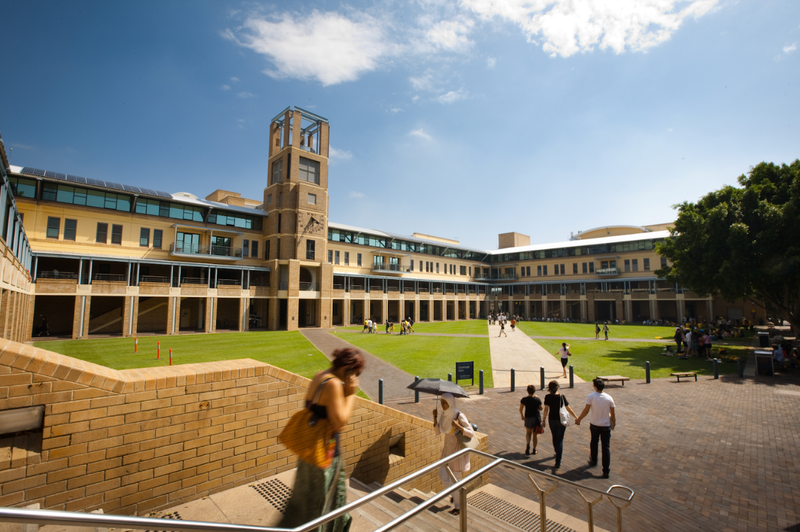Universities grapple with role of AI in education
As AI becomes more sophisticated, many universities are taking steps to ethically integrate AI in their teaching and learning.
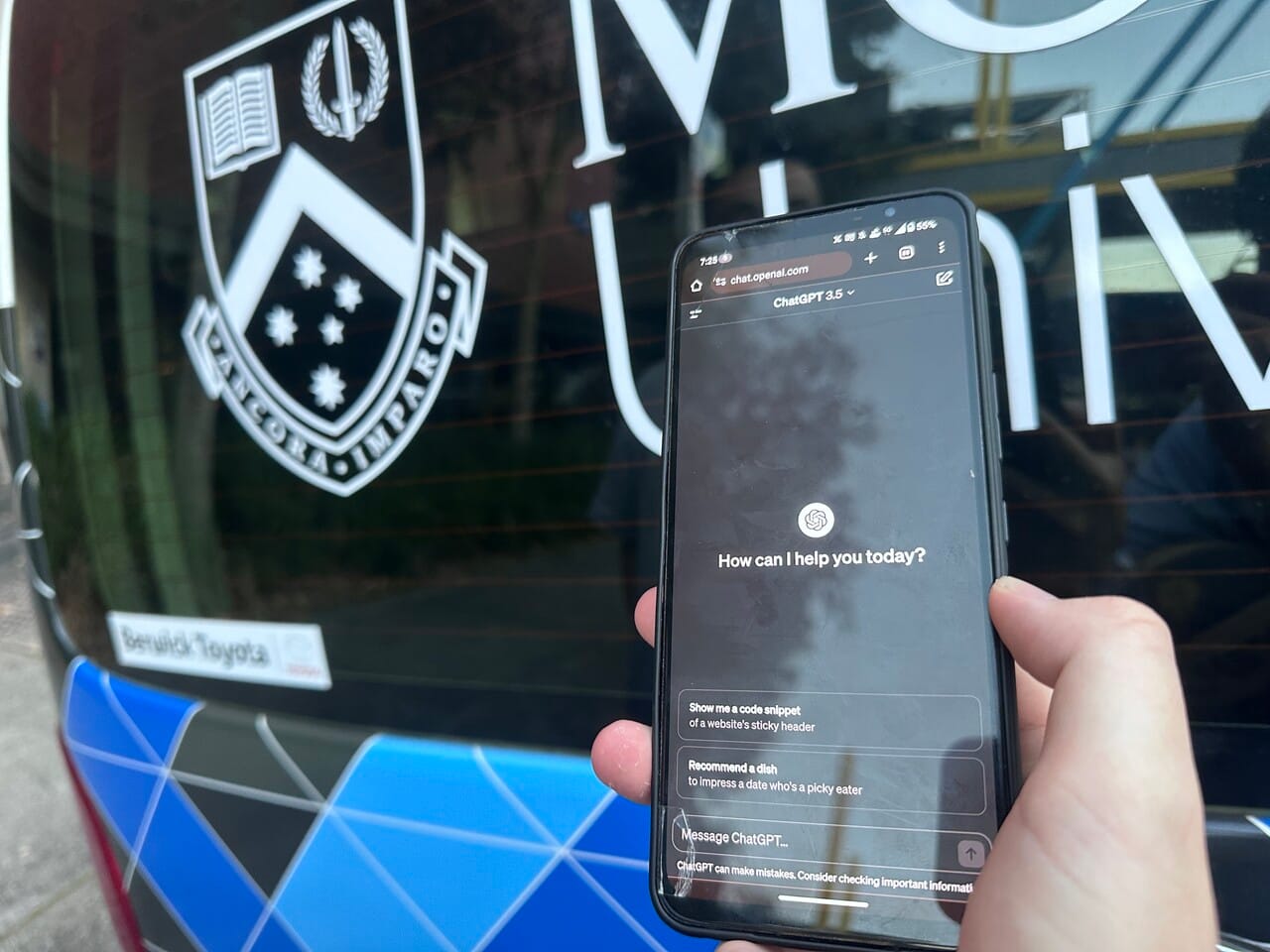
The rise of generative artificial intelligence (AI) has caused considerable debate over issues of academic integrity in traditional tertiary education.
Yet as AI becomes more sophisticated, many Australian universities are taking steps to ethically integrate AI into teaching and learning.
RMIT University, for example, announced in January that it is embracing AI, allowing students to use AI as guided by their course requirements and teaching staff.
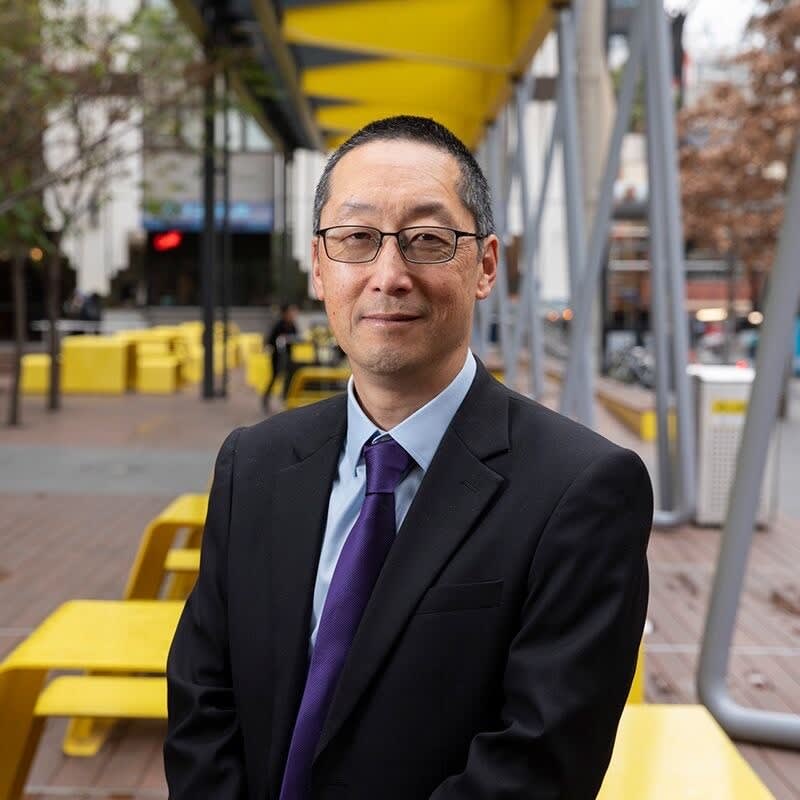
In a media release, RMIT Deputy Vice-Chancellor Sherman Young said "AI will be a part of our future life and work”.
“We need to teach our students how to use AI critically, ethically and appropriately, just as we’ve taught them how to use other technologies to work more efficiently and effectively,” Professor Young said.
While more and more Australian universities are considering how to ethically incorporate AI as a part of the education system, many students are already using it.
Late last year, in a survey of 154 university students and 89 scholars, discussed in The Conversation, Melbourne and Deakin researchers found that 82 per cent of students had tried or used AI.
Earlier last year, the same researchers conducted a study of 78 university students, finding more than half agreed that AI improved their efficiency to complete academic tasks.
This year, Monash University has introduced new policies on the use of AI in completing assessment tasks.
On its assessment policy webpage, Monash states: “In conjunction with evolving technologies there will also be evolving procedures. Semester 1 will be a transition with further adjustments in Semester 2 accompanying integration into Moodle.”
Monash University masters student Ayden Zhou, who is studying data science, says AI is “quite important” to his study.
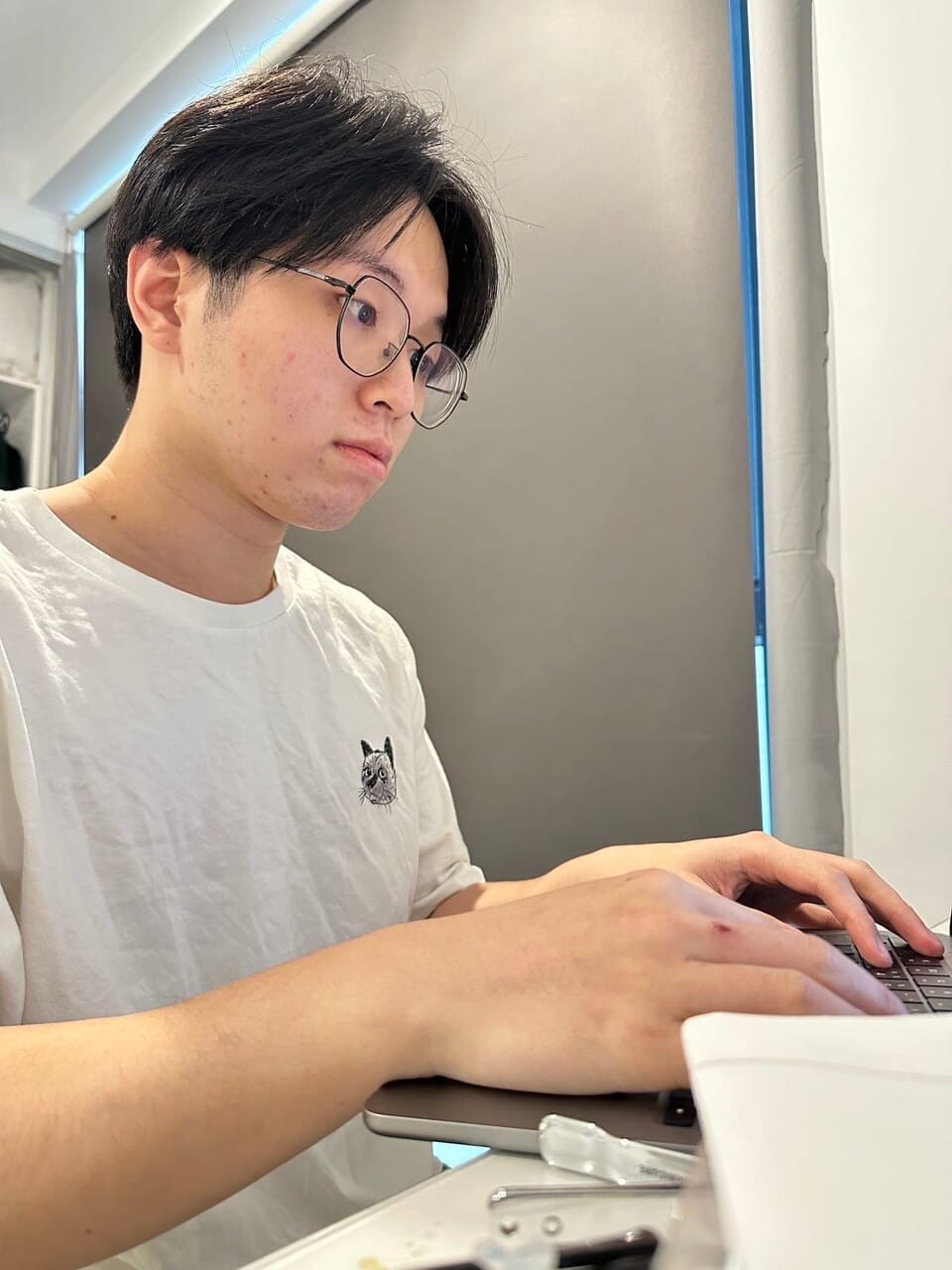
“In my opinion, Monash should allow students to use AI, no matter in studying or assessments,” he said. “Because even if Monash rejects AI, students will still use AI to help them [anyway].”
Mr Zhou said he believed AI helps students to improve their study efficiency. “As an IT student, I believe AI is always more efficient compared with traditional searching engines like Google. Like, it’s always more complex if I use Google to search materials because I have to distinguish them one by one.
“But if I use AI like ChatGPT, there will be a lot of useful and reliable sources in a few minutes,” he said.
“We can set a scientific system of rules to use AI but it’s impossible to reject it,” he added. “Because it not only changed the way to study but also the mindset of the whole human.”
Monash PhD student Mengxing Li, who is about to finish her research in IT this semester, says AI is “essential in higher education".
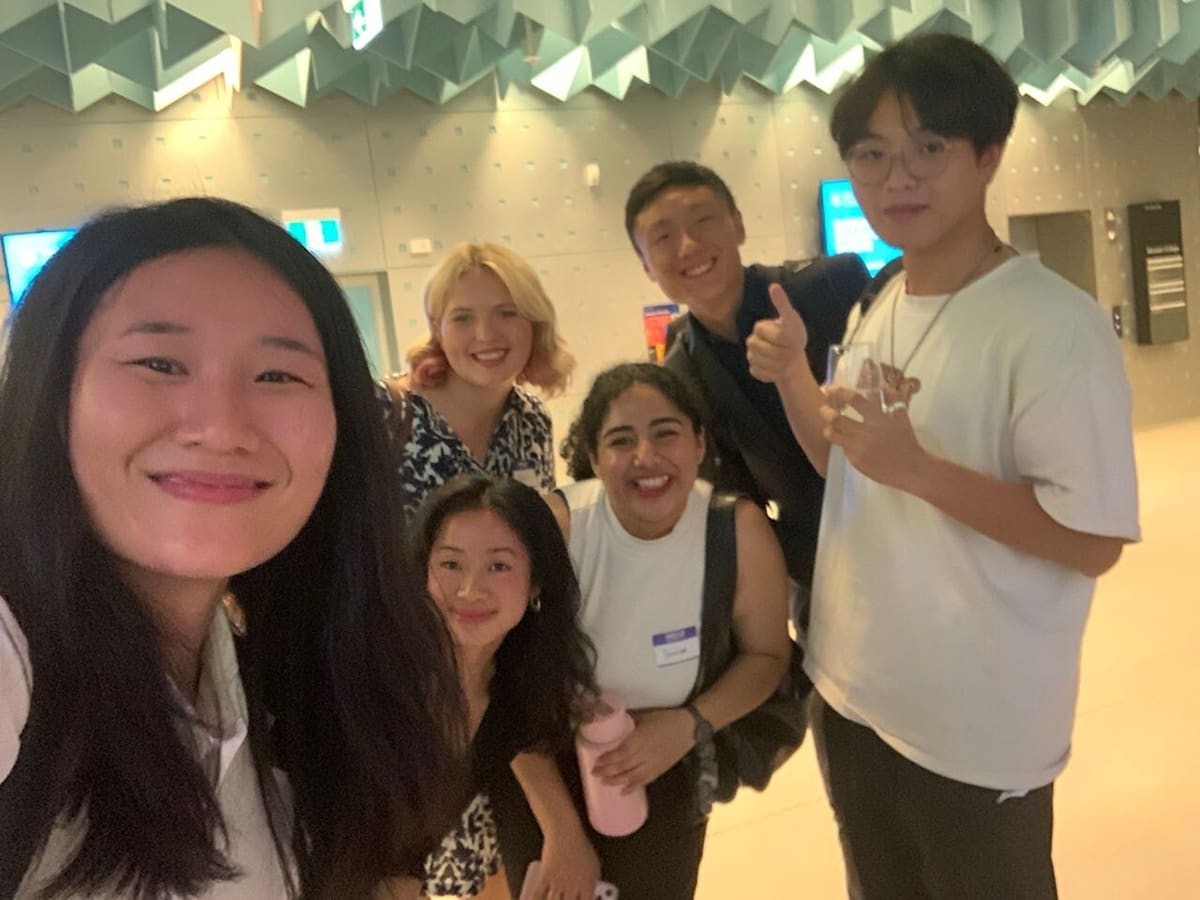
“AI is by nature an innovative tool; university lies in developing students’ ability to think as well as use tools,” Ms Li said.
“We need to keep up with the trends and encourage innovation.”
She said AI can provide more help to university students compared with traditional teaching methods.
“Relative to traditional education, AI is almost available all the time ... so it significantly expands students’ ability to learn at their own discretion with a personalised learning style.”
In her research, Ms Li said she has noted the emergence of ethical issues in the academic usage of AI. This includes the information cocoon, or how platforms expose information based on a user's expressed interests, tastes and preferences. It also includes the uncanny valley, the unsettling feeling users experience when androids or humanoid robots and audio/visual simulations closely resemble humans in many respects but are less realistic.
But Ms Li said students can tackle these issues by using AI too.
“University students need to realise the ethical issues of technology like the information cocoon and the uncanny valley,” Ms Li said.
“Using AI can help them to understand these issues, as well as improve their ability in critical thinking,” she said.
“Therefore, I believe AI is becoming a compulsory part in higher education and I believe the universities should embrace it in the process of learning and working.”





